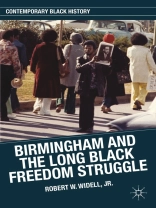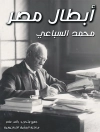Birmingham, Alabama looms large in the history of the twentieth-century black freedom struggle, but to date historians have mostly neglected the years after 1963. Here, author Robert Widell explores the evolution of Birmingham black activism into the 1970s, providing a valuable local perspective on the ‘long’ black freedom struggle.
विषयसूची
Introduction: ‘To Stay and Fight’: Birmingham’s Civil Rights Story and Twentieth Century Black Protest PART I: IMPLEMENTATION 1. Origins of the Committee for Equal Job Opportunity 2. Delay, Retaliation, and the Legal Process 3. Staying Active and Branching Out PART II: FAMILIAR ISSUES, NEW DIRECTIONS 4. The Poor People’s Campaign and Welfare Rights 5. Community Health, Municipal Services, and Police Brutality PART III: A NEW ‘CIVIL RIGHTS UNIONISM’ 6. The Public Employees Organizing Committee PART IV: BLACK POWER IN THE DEEP SOUTH 7. Origins of the Alabama Black Liberation Front 8. Black Power at the Local Level 9. Repression and Backlash Conclusion: The ‘Long’ Movement and the South
लेखक के बारे में
Robert W. Widell Jr. is Assistant Professor of African-American, Civil Rights, and Recent United States History at the University of Rhode Island, USA.












